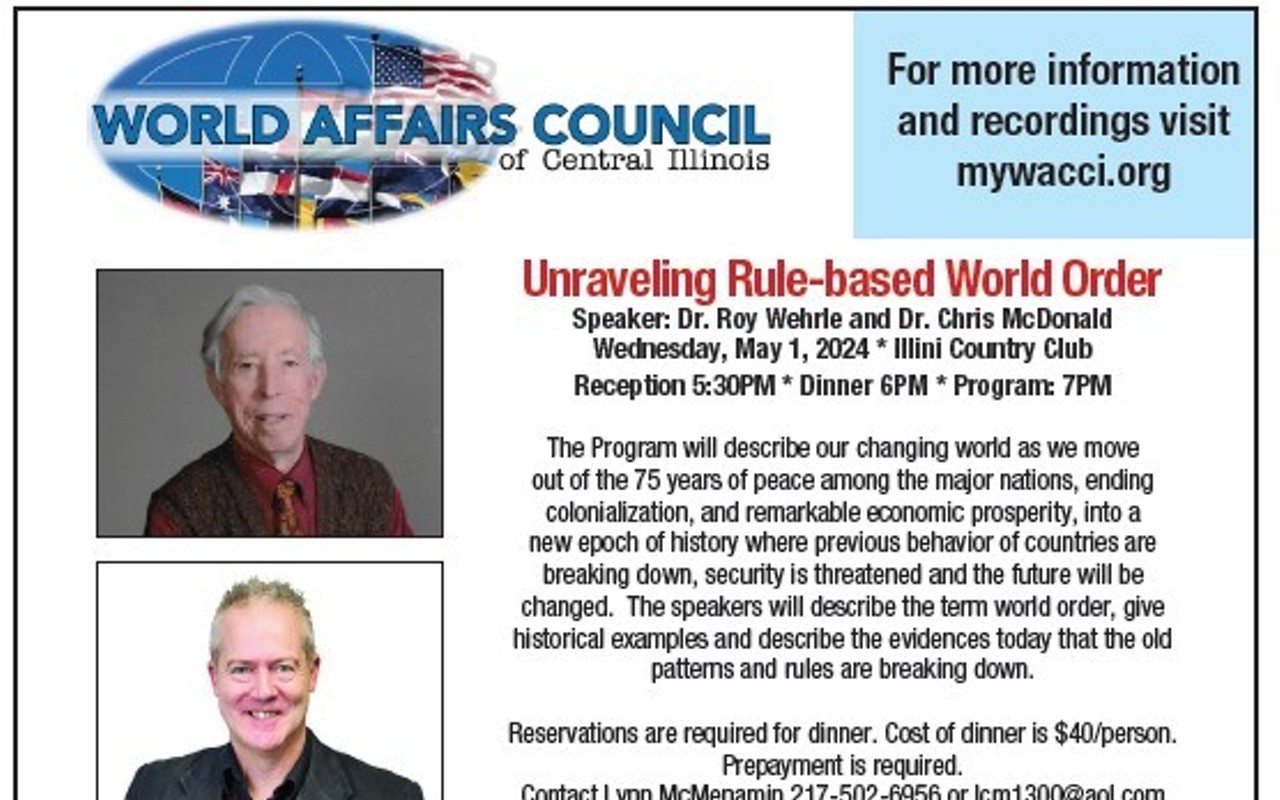Parkinson’s is a label that has been attached to me for nine years. The only positive was that it explained slight oddities I detected in my walking and fine motor skills during the previous two years. How does an otherwise healthy 58-year-old deal with something so determinant?
The doctor’s recommendation: “Don’t go home and research this. You have 30 years left.” Thirty years of what? Decline for sure, and surely more rapid decline than without such a diagnosis.
The stages of grief include denial, anger, depression, acceptance, bargaining. For me there was no denial; too many warning signs over the previous two years. Anger? No. Depression? One evening of melancholic thinking, “So this is the beginning of the end.” I resolved the next morning, “I’m not going out like that. I’m going forward in faith, with all the fight in me.” Acceptance? Yes. Maybe. Not exactly. It’s not in charge. Bargaining? With whom? God? No, that’s not how it works.
I researched it. Reduced dopamine is a primary contributor to diminished capacity. Aerobic exercise increases dopamine. Cause and effect combating cause and effect. I trained for and ran a marathon, two half marathons, a marathon relay, and ran for general well-being when not training. Running is beneficial, but is one repetitive motion enough? What about functionality of the rest of my body?
My wife has worked with struggling readers for over a decade. The textbook of a post-graduate class she took, Overcoming Dyslexia by Sally Shaywitz, reports that brain scans of students engaged in specially structured tutoring programs revealed development of new neurological pathways, which means brain growth. If this works for reading, for dyslexia, the brain should be able to adapt, to grow, with other brain-related issues. This is exactly what our coach believes, because he has seen results in the gym like my wife has seen in the classroom.
Today was day 54 of an intensive 90-day physical training program in which my wife and I are engaged. I thought I didn’t need it, yet I knew I did. I have worked out, and I have been coached. When you work out, you tend to do what you feel like doing. When you are coached, some days you do what you can, some days you do more than you think you can, and occasionally, to your surprise, you will do something you can’t do. Besides, my wife wanted us to do it together. The results, the benefits, are priceless. Now I can jump 27 inches, get up off the floor without using my hands and squat with a heavy bar on my shoulders. But the most important gain is with my brain.
Strength doesn’t seem to be lacking, so why do the movements so often become difficult to sustain? The brain is as tired as the muscles. It hasn’t been tested, pushed, trained. Doing a myriad of various exercises forces the brain to work along with the muscles, developing, restoring functionality. Will I be totally restored? First of all, I’m 67 not 17, but at least I’m not huddled in my corner and afraid to step to the center of the ring. Parkinson’s won’t go away, but continuous learning just might help as I rise up and live above it.
You are what you eat. Who really pays attention? Our coach gave us a 90-day homework assignment: no grains, no dairy. No sugar. Drink lots of water. Eat only foods directly from the source – nothing processed. No snacking. I estimate a 96% success rate. My wife has been more “devout.” Failures are typically not accidental. They are choices. Choices often rooted in addictions. Sugar has been said to be more addictive than most illegal drugs.
The triangle is the strongest geometric shape. Exercise and what we eat are two sides of the triangle. What completes/strengthens our resolve? The Obesity Code (Fung) and I Knew We Had A Cure (Suhadolnik) address approaches to overcoming, reversing, chronic adult-onset diseases. The third side of the triangle is when to eat. For most people, breakfast (break-fast) comes after 10 or so hours of “fasting.” Adjusting those hours from time to time causes our body to burn more fat, a positive result for more things than weight control. Instead of 10 hours, make it 12, 16, 18, 24, or occasionally 48 or 72. It’s all in the books, but the proof is in the proverbial pudding.
I recently heard, “Don’t say you can’t if you haven’t tried.” Join the movement. Reclaim your health.
Al Turner of Cantrall is retired from the Illinois Department of Corrections and retired recently from the management of Capitol Retirement Village.
I’m outwitting and outworking my Parkinson’s
[
{
"name": "Air - MedRect Combo - Inline Content 1",
"component": "11490391",
"insertPoint": "3",
"requiredCountToDisplay": "1",
"parentWrapperClass": "fdn-ads-inline-content-block"
},{
"name": "Air - MedRect Combo - Inline Content 2",
"component": "11490392",
"insertPoint": "7",
"requiredCountToDisplay": "5",
"parentWrapperClass": "fdn-ads-inline-content-block"
},{
"name": "Air - MedRect Combo - Inline Content 3",
"component": "11490393",
"insertPoint": "12",
"requiredCountToDisplay": "9",
"parentWrapperClass": "fdn-ads-inline-content-block"
}
]
Illinois Times has provided readers with independent journalism for almost 50 years, from news and politics to arts and culture.
Your support will help cover the costs of editorial content published each week. Without local news organizations, we would be less informed about the issues that affect our community..
Got something to say?
Send a letter to the editor and we'll publish your feedback in print!


















